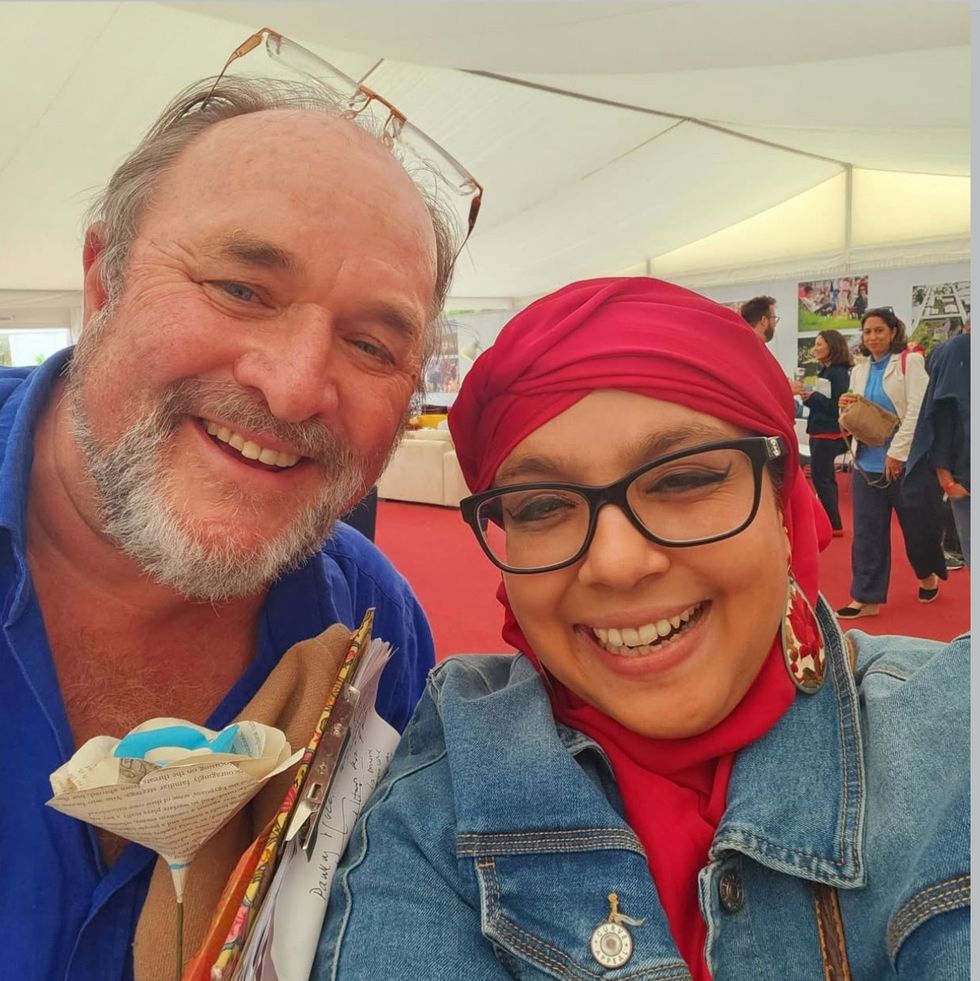By Amit Roy
MY LATE mother used to tell us five brothers and sisters: “Nothing much happened today, it was very quiet, but years from now you will look back and realise these were the happy days.”
How we all yearn for a return to some sort of normality.
It seems a long time since March 17 when the government’s chief scientific adviser, Sir Patrick Vallance, told MPs in a Westminster committee room that if the final death toll from Covid-19 could be kept below 20,000, it would be “a good outcome”.
Eleven days later, he was backed by Professor Stephen Powis, NHS England’s medical director, at a Downing Street briefing: “If we can keep deaths below 20,000, we will have done very well.”
Earlier this week, the number of people who had died in hospitals and care homes 28 days after testing positive stood at 65,520, with 1.91 million infected. The total number of “excess” deaths, compared with expected levels, has now crossed 70,839.
To put things into perspective, that is 1,362 times the 52 people killed during the suicide bombings in London in 2005. It is remarkable how quickly some politicians have got used to hearing that, say, 600 people have died in a day – and press for pubs to be kept open.
Perhaps years from now, children will ask: “Granddad, what did you do during the pandemic?”
Eastern Eye was perhaps the first newspaper to point out that the death toll among black and Asian people was disproportionately high. In the early weeks of the pandemic, there was almost a daily roll call of Asians who laid down their lives in the service of the NHS.
We all learnt the meaning of words such as “self-isolate” – and PPE. After Abdul Mabud Chowdhury, a Bangladeshi consultant, died, it came out he had directed a Facebook message to the prime minister, Boris Johnson, appealing for an adequate supply of protective gear. Poornima Nair, a GP in Bishop Auckland, County Durham, was the first female doctor to succumb to Covid-19.
To be sure, some of those who died had underlying health issues, such as diabetes or heart problems. But in relation to the black community in particular, what Covid did was to shine a light on the previously hidden recesses of structural racism. The toll was especially high among those whose work exposed them to members of the public. Without making too exaggerated a claim, researchers in the future may find that Eastern Eye has provided “the first draft of history”.
Hundreds, more likely, thousands of books will be written about the year of the pandemic, with each country trying to come to terms with a year like no other. There are many puzzles yet to be solved. How come Britain, with a well-established national health service, has had one of the highest tolls in Europe? Can what happened in the US all be blamed on president Donald Trump?
If the pandemic was not traumatic enough – 1.67 million dead and 75.4 million infected globally as of last Friday (18) – the story was complicated by the death in May of a black man, George Floyd, in Minneapolis, Minnesota, by a white police officer who pressed his knee on the victim’s neck for “eight minutes and 46 seconds”.
As the Black Lives Matter (BLM) protest gathered momentum and spilled over into Britain, the statue of slave trader Edward Colston was pulled down in Bristol and dumped in a nearly harbour. Even Sir Winston Churchill was not spared, as his statue in London’s Parliament Square was daubed “racist” over allegations he had aggravated the effects of the Bengal Famine of 1943 in which between two and four million people had perished. Protesters drew up a hit list of more than 70 statues they wanted either demolished or removed.
The heads of many schools have announced that the history syllabus is to be “decolonised” so children are given greater understanding of how Britain took a leading role in the abolition of the slave trade in which it had previously been an enthusiastic participant. The contribution of Indian soldiers in two world wars and the Partition of India are also likely to be included.
The National Trust was working on the colonial links of about 100 of its properties, but – in response to BLM – brought forward its 115-page report, Addressing our histories of colonialism and historic slavery.
Entirely predictably, this has brought a furious backlash from those who feel that British colonialism was, on the whole, a force for good and that the “woke” – a favourite word – are out to denigrate the country’s “culture”.
Covid has had some unexpected consequences of which a more balanced look at the country’s colonial past, both good and bad, might be one. Whether the two sides can be reconciled in a study of Britain’s “shared history” with its former colonies remains to be seen.
For Asians the main aim must now be to survive the pandemic. It would be tragic to fall prey to the virus when a vaccine is around the corner. Boris had warned in early March that many more families in Britain will “lose loved ones before their time”. What the prime minister didn’t realise as he was himself rushed into intensive care within days was that it “could have gone either way” for him too.





 LONDON, ENGLAND - JUNE 22: Baroness Floella Benjamin speaks during the unveiling of the National Windrush Monument at Waterloo Station on June 22, 2022 in London, England. The photograph in the background is by Howard Grey. (Photo by John Sibley - WPA Pool/Getty Images)
LONDON, ENGLAND - JUNE 22: Baroness Floella Benjamin speaks during the unveiling of the National Windrush Monument at Waterloo Station on June 22, 2022 in London, England. The photograph in the background is by Howard Grey. (Photo by John Sibley - WPA Pool/Getty Images)









 Ed Sheeran and Arijit Singh
Ed Sheeran and Arijit Singh Aziz Ansari’s Hollywood comedy ‘Good Fortune’
Aziz Ansari’s Hollywood comedy ‘Good Fortune’ Punjabi cinema’s power-packed star cast returns in ‘Sarbala Ji’
Punjabi cinema’s power-packed star cast returns in ‘Sarbala Ji’ Mahira Khan
Mahira Khan ‘Housefull 5’ proves Bollywood is trolling its own audience
‘Housefull 5’ proves Bollywood is trolling its own audience Brilliant indie film ‘Chidiya’
Brilliant indie film ‘Chidiya’  John Abraham
John Abraham Hina Khan and her long-term partner Rocky Jaiswal
Hina Khan and her long-term partner Rocky Jaiswal  Shanaya Kapoor's troubled debut
Shanaya Kapoor's troubled debut Sana Yousuf
Sana Yousuf



 Shraddha Jain
Shraddha Jain Arundhati Roy
Arundhati Roy William Dalrymple and Onjali Q Rauf
William Dalrymple and Onjali Q Rauf Ravie Dubey and Sargun Mehta
Ravie Dubey and Sargun Mehta Money Back Guarantee
Money Back Guarantee Homebound
Homebound Guru Dutt in Chaudhvin Ka Chand
Guru Dutt in Chaudhvin Ka Chand Sarita Choudhury
Sarita Choudhury Detective Sherdi
Detective Sherdi